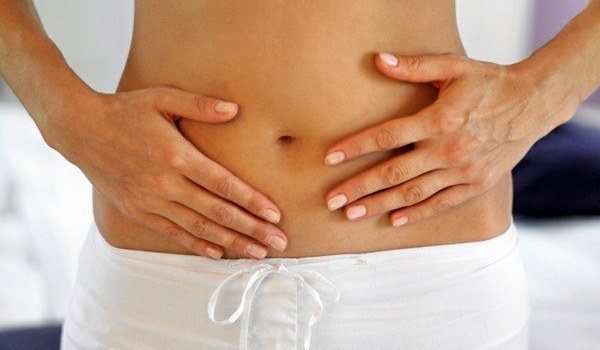Instruction
1
In most cases, a burning sensation in the upper abdomen causes acute or chronic gastritis, accompanied by inflammation of the mucous membrane of the stomach, pain, nausea, heartburn, belching or a feeling of heaviness after meals. In addition, to provoke an attack of burning, can some medicines, Smoking, alcohol, strong tea and coffee, as well as the bacterium Helikobakter pylori. Burning in the upper abdomen could also be and reflux esophagitis, diaphragmatic hernia, peptic ulcer disease, cholecystitis or pancreatitis.
2
In addition to burning epigastric in origin, this pathology can also occur as a result of problems with other organs not involved in digestion. So, her appearance may provoke pleurisy, pneumonia in the lower lobes of the lung, dissecting aneurysm of the aorta or acute myocardial infarction. If burning accompanied by severe pain, worsening of the General condition and other suspicious symptoms, you must consult a doctor and undergo the appropriate tests.
3
Burning in the lower part of the belly most often appears as a result of appendicitis (if the pain in his area), Crohn's disease, ulcerative colitis, cystitis, urolithiasis, rupture of the ovarian follicle during ovulation, ectopic pregnancy, irritable bowel syndrome. In addition, the appearance of a burning sensation in the abdomen is often psychosomatic in nature, to confirm the last first rule out all possible diseases.
4
When ganglionite herpes or shingles burning appears on both the right and left side of the abdomen, as after activation of the herpes virus is the inflammation of the nerves in certain places of the body. The disease can be identified by a strong burning in the stomach, itching, pain and rashes bubble, passing in the course of the inflamed nerve and not crossing the midline of the body. In some cases, namely the burning of unknown nature, physicians tend to associate burning sensation in the lower abdomen with lumbar degenerative disc disease or radicular syndrome.
Note
To accurately determine which organ is affected, causing a burning sensation, can only physician.
Useful advice
Problems with the kidneys or bladder, accompanied not only by pain, but increased and painful urination.






